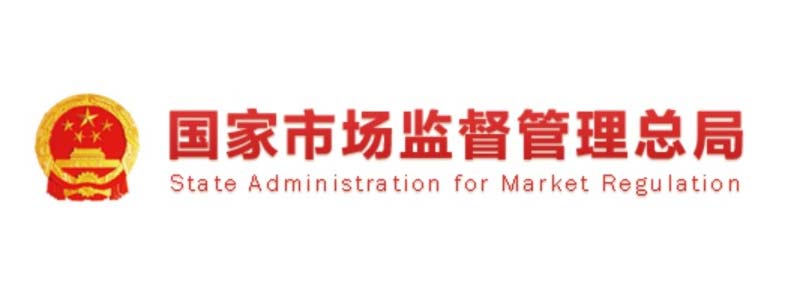AMD's $35B Xilinx Deal Conditionally Approved by China Regulator
However, it must agree to some conditions based on sales and FPGA flexibility assurances.
AMD's plans to acquire Xilinx appear to have crossed a significant hurdle as China's market regulator has given its conditional approval. The news, which comes via Reuters, means that with this decision, the $35 billion all-stock deal looks like it will now be able to speed towards completion. Last month, we reported the timeline had slipped to Q1 2022, noting that the Chinese regulators were looking very closely at anti-monopolistic conditions they might apply before approval.

The regulator, China's State Administration for Market Regulation (SAMR), has said that the deal will be approved on the condition that AMD and Xilinx do not force or discriminate against customers that buy certain products.
The table below collates the conditions which AMD will have to agree with to ensure its Xilinx acquisition is rubber-stamped. There are five key obligations imposed by SAMR:
| Row 0 - Cell 0 | Obligation to be agreed by AMD |
|
1 | There must be no tie ins between AMD CPUs and Xilinx FPGAs – so customers can buy into one or the other individually, without discrimination |
|
2 | AMD and Xilinx hardware and software must continue to be sold in China based on the principles of fairness, reasonableness and non-discrimination |
|
3 | Xilinx FPGA flexibility and programmability must continue to support Arm processors, and it continue with pre-deal plans |
|
4 | AMD CPUs and Xilinx FPGA supplies must continue to flow as before the deal and AMD must not discriminate against rival CPU and GPU tech (in terms of features and interoperability) in new FPGAs |
|
5 | Third party CPU. GPU and FPGA information must be safeguarded, and held on separate and distinct systems to those used by AMD staff. |
The above table is based upon the machine-translated SAMR news post, so there's a possibility for a slight misinterpretation in the obligation column. However, we can summarize that China wants the merged entity to continue business as it did before the tie-up. That means sales of the respective parts will continue to be available in China without any restrictive bundling. Moreover, an important point it wishes to press is that AMD doesn't restrict or obstruct Xilinx's continued work with other CPU and GPU architectures in any way.
AMD must accept the legally binding conditions laid out by SAMR, and the merged entity will be watched closely through the lens of China's anti-monopoly laws by SAMR.
Xilinx's purchase by AMD should be broadly welcomed by investors, as it may help AMD compete better in the data center market, to name one important business segment. However, the China market regulator's approval looks like it was already priced in by AMD investors (who haven't had the best couple of months), as the share price hasn't really reacted in pre-market trading.
AMD has also weighed in on the developments, saying:
Get Tom's Hardware's best news and in-depth reviews, straight to your inbox.
We continue making good progress on the required regulatory approvals to close our transaction. While we had previously expected that we would secure all approvals by the end of 2021, we have not yet completed the process and we now expect the transaction to close in the first quarter of 2022. Our conversations with regulators continue to progress productively, and we expect to secure all required approvals.
There are no additional changes to the previously announced terms or plans regarding the transaction and the companies continue to look forward to the proposed combination creating the industry’s high-performance and adaptive computing leader.
The company also filed an 8K, saying, "AMD and Xilinx currently anticipate that the closing of the Merger will occur in the first quarter of 2022, subject to the expiration of the waiting period under the HSR Act and the satisfaction (or, to the extent permitted by applicable law, waiver) of the conditions set forth in the Merger Agreement that by their nature are to be satisfied at the closing of the Merger."

Mark Tyson is a news editor at Tom's Hardware. He enjoys covering the full breadth of PC tech; from business and semiconductor design to products approaching the edge of reason.